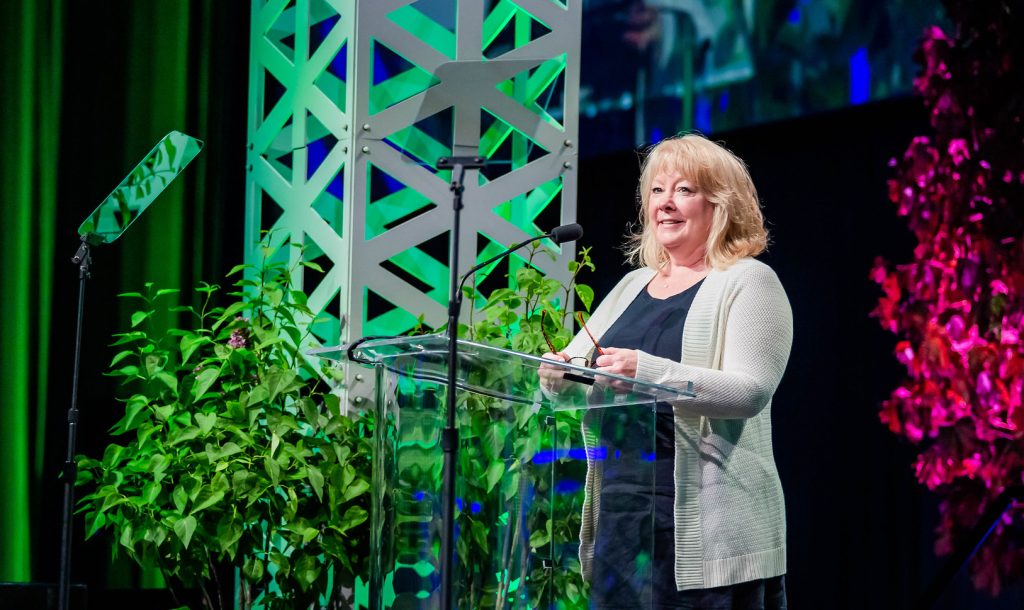Despite a backdrop of political and social tensions, the need to reinvent our global economic engine to support greener, more socially positive products and services has never been more pressing — nor more widely recognized. The world has woken up to the realities of climate-change-driven weather disruptions that are resulting in a record-breaking number of multi-billion dollar disasters around the world. Devastating fires, water shortages, biodiversity loss and even pandemics all create new risks to supply chain security, economic stability and the predictability necessary to confidently succeed at building a successful brand today.
The continuing drawdown of the natural resources we depend on to power our economy points to two possible paths; strip our planet bare and experience the devastation to humanity of having done so, or learn to redesign the way we make and do everything — starting with the way we design and deliver products that go to market. This need for sustainable innovation translates into a variety of growth opportunities for brands and the network of companies that support them.
Increasingly, we are witnessing firsthand the implications to ourselves, our families, our livelihoods, and our communities due to the unchecked degradation of our environmental ecosystems. As a result, consumers today hold higher expectations than ever before of the companies they choose to buy from.
According to Sustainable Brands’ (SB) Socio-Cultural Trends Research™, designed in partnership with a group of the SB Member Network and fielded in partnership with Ipsos, between 69% and 80% of consumers, depending on generation, believe that companies are NOT DOING ENOUGH to support sustainability and ethical best practices.
Two-thirds of the younger generations, Gen Z and Millennials, report they are willing to pay more for products and services that are ethically and sustainably made. 75% and 79%, respectively, say they would switch brands if a competitor offered a more sustainable version of the same product. All of this results in positive outcomes at the checkstand.
According to the Sustainable Market Share Index™ study fielded in 2022 by NYU Stern Center for Sustainable Business, products marketed as sustainable are responsible for nearly a third of the growth in consumer packaged goods (CPGs) from 2013 to 2022, and market share growth continues year over year.
Products marketed as sustainable actually grew ~2x faster than products not marketed as sustainable and achieved a 5-YR CAGR of 9.43% vs. 4.98% for their conventional counterparts. Products marketed as sustainable now hold a 17.3% market share, up +0.3 percentage points versus 2021, continuing to grow, even in the face of a high inflationary environment.
Those brands that honestly seek to understand and improve the direct and indirect impact they have on all their stakeholders—not just their customers and shareholders—will be the ones that take the lead and stand the test of time in the 21st century. Brands don’t have to be perfect, but they do need to be authentic and transparent about their initiatives and resulting impacts, and they do need to show continuing improvements in the way they are addressing their environmental and social impact. We have a long way to go to get to a fully sustainable economy—and it will take a commitment from all parts of the economic system, including consumers, to get there. However, the degree to which a company aligns a meaningful brand promise with the way it designs, builds, and delivers its brand to market is key.
As business leaders, you do have an opportunity to drive sales and build customer loyalty and brand value by positively addressing the social and environmental challenges we face through purpose-driven product innovation. The future of business lies at the intersection of what the world needs, what consumers want, and what your brand equity permits you to deliver.
If you want to know how to engage your customers and other stakeholders in driving the systems change that will help you effectively sell your better brand to your customers, join us at our upcoming SB Brand-led Culture Change conference where we will help you navigate the tricky path to leadership in such a way as to reduce risk, and take the lead at the checkstand. We invite you to join our community of brand leaders and become part of the leadership circle reshaping the future of commerce to align with the sustainable future we envision.
KoAnn Skrzyniarz
Founder & CEO
Sustainable Brands, PBC


